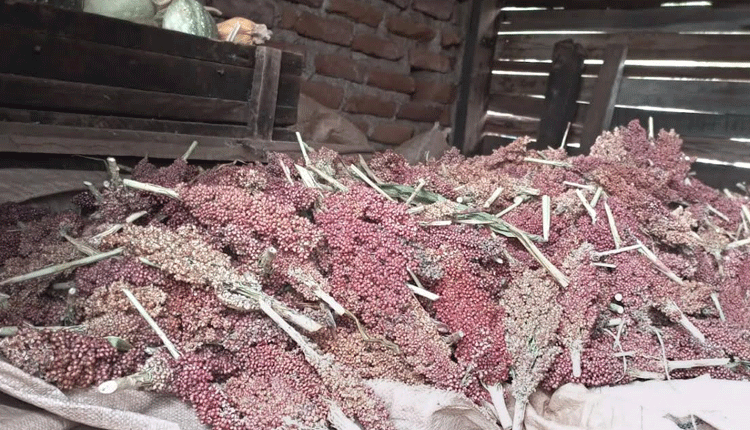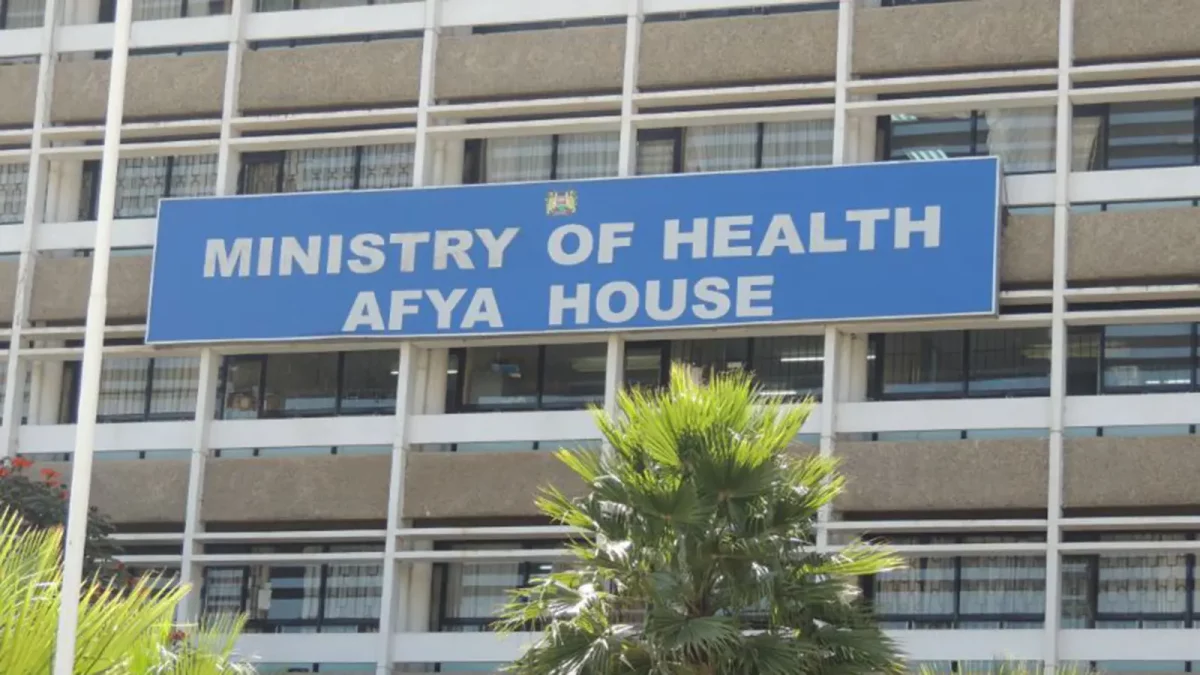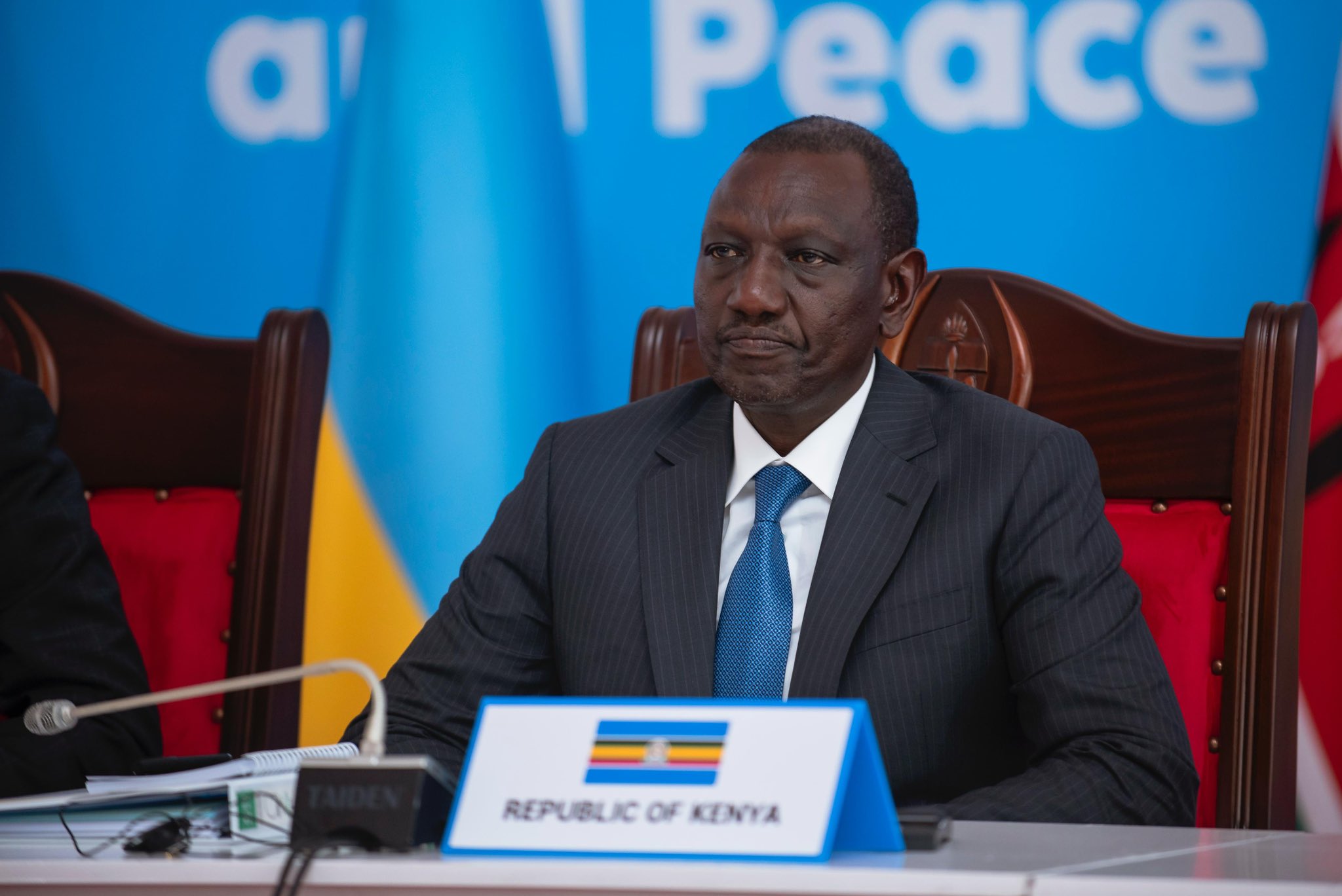Farmers get reprieve from drought-resistant seeds

John Musyoki, 61, like many other small scale farmers in the country has suffered greatly due to effects of erratic weather conditions, which continue hammering crops.
He has been a small scale farmer in the Emali area of Makueni county for more than 30 years and until the 2019 production year, Musyoki was recording losses every season.
Musyoki and his colleagues in the area have been practicing subsistence farming by planting maize and beans and in most seasons they could hardly harvest anything.
“I used to plant the same varieties of maize and beans year in year out and I never produced more than three bags, which was only enough for the family consumption.
I was not aware of any other high quality seeds or what to do to produce more yields,” said Musyoki.
The majority of small scale farmers are in all seasons grappling with effects of climate change leading to starvation, poverty, low development and insecurity.
This is over and above buying substandard chemicals and mixed seeds from the local agrovet shops.
But today Musyoki and his colleagues in the area are a happy lot after donors came to their aid two years ago.
The farmers are now growing pigeon peas and sorghum seeds for sale under a seed multiplication programme being spearheaded by Egerton University.
The university in 2020 released new and drought tolerant seeds –Egerton Mbaazi one, two and three germs, which are adaptable to different ecological zones, thus able to tolerate the effects of climate change.
While in 2019, the farmers benefited from seed production training from the International Crops Research Institute for the Semi-Arid tropics (ICRISAT) under the United States Feed the Future – Kenya Accelerated Value Chain Development (AVCD) programme.
The donor initiative seeks to widely apply modern technologies and innovations for selected value chains.
Before the donor aid, most of the farmers could not plant for more than three acres, but the growers have gone back to large scale production, thanks to a contractual scheme initiated by the European Union.
Equally, there is high demand for pigeon peas and sorghum in the country after large producers globally, such as India suffered great losses after floods swept planted legumes.
Musyoki has planted pigeon peas in 10 acres and expects to harvest a minimum of 50 bags.
The new pigeon peas varieties produce between 12 and 17 bags and can be harvested three times annually.
Large scale production
ICRISAT distributes the seeds while the university purchases it from the growers, an arrangement that has increased interest in pigeon peas and sorghum farming in the area.
To benefit more from the programme and learn more on good agricultural practices, Musyoki and 11 other smallholder growers formed a community agribusiness organisation -Makueni Agribusiness Ventures.
“We are happy because the new seeds mature early with impressive returns, and the seeds can be harvested more than two times a year.
As a group, we are reaching out to more farmers to embrace modern farming with a view to taming poverty in the area,” said Peter Wambua, chairman of Makueni Agribusiness Ventures.
For Betty Mbondo, 54, nothing comes easy as last year, she lost Sh200, 000 worth of pigeon peas harvest due to lack of market and poor storage.
“I had planted the peas on 15 acres of land, but in the subsequent season reduced the acreage to one and was contemplating abandoning farming altogether,” she said.
But the new arrangement with the Egerton University has prompted her to revert back to a large plantation, starting with 10 acres this season.
Under the scheme with the university, farmers have seen their earnings per kilogramme increase four-fold.
“Farming is lucrative and if well carried out, can earn a farmer a lot of money, but only if you are able to handle adverse weather changes and get market for your produce,” she said.
Bernard Towett, a seed specialist with the University said relying on traditional legume varieties has denied farmers high production and impressive income and more so due to limited research by local research institutions.
He confirms that the university released drought tolerant and high yielding varieties – pigeon pea (Egerton Mbaazi 2, Egerton University Medium Duration Pigeon (EUMDP -3 and -4), sorghum (EU Sorghum variety 1).
Need threshing machines
Based on the contract farming agreement with the university, Towett explains farmers will sell a kilogramme of sorghum and pigeon pea seeds at Sh50 and Sh100 respectively.
The farmers appealed to the Makueni county government and other value chains to assist them acquire threshing machines and link them with agro chemical dealers selling quality farm input to enable them fight pests and diseases affecting their crops.
Wilson Lati a sorghum farmer and a beneficiary of the programme says the deal with the university will boost growers morale to increase acreage and thus enhance their financial base.
He added; “Introduction of new technology has contributed to high production of seeds under community seed systems.
To enhance the bulk seeds multiplication programme, we have contracted local farmers, and we also work with counties and private seed companies.
The seeds being produced currently under this programme are suitable for different ecological zones, such as Turkana, Kericho, Elgeyo Marakwet and Tharaka Nithi.”
According to the university, worldwide production of sorghum stands at 63.08 million tonnes (63.6 billion kilogrammes) while Africa produces 20 million tonnes (20 billion kilogrammes). Kenya only produces 140,000 tonnes (140 million) from 224, 000 hectares (553516 acres) with an approximate yield of 750kg per 2.5 acres.







